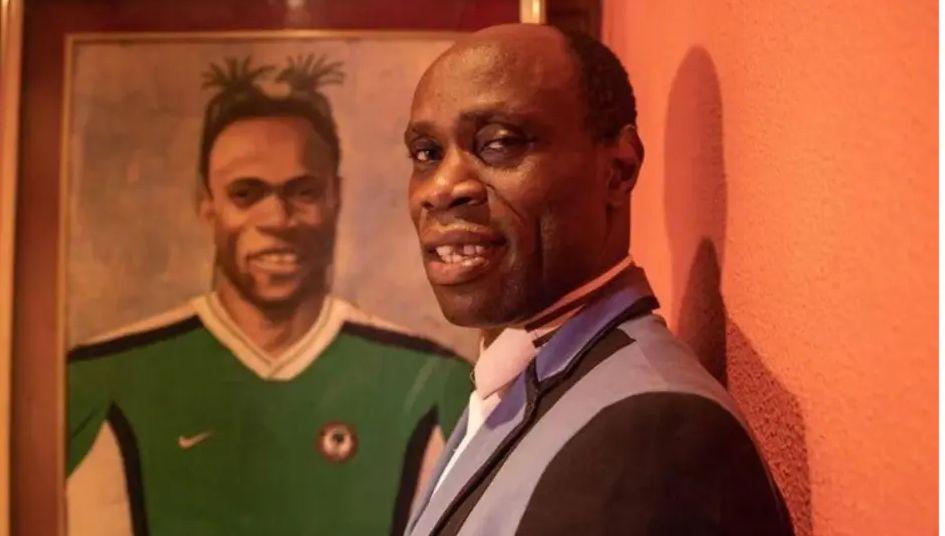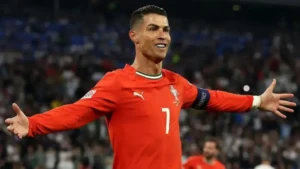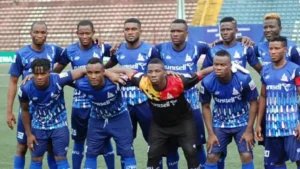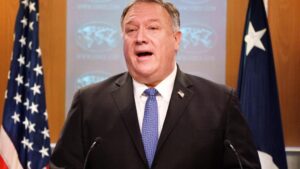Former Super Eagles defender Taribo West has raised new concerns about how Nigeria treats its past sports heroes. The 51-year-old criticized both the Nigeria Football Federation and the government, saying they have failed to care for athletes who gave everything for the country.
He made these remarks during the funeral of legendary goalkeeper Peter Rufai. Popularly known as “Dodo Mayana,” Rufai was Nigeria’s first-choice keeper during the 1994 Africa Cup of Nations victory and also featured in the country’s first FIFA World Cup appearance the same year. Rufai died in July 2025.
West himself enjoyed a successful career, earning 42 caps for Nigeria between 1994 and 2005. He played in two World Cups, two AFCON tournaments, and was part of the historic 1996 Olympic gold-winning team.
But despite his achievements, he vowed that he would never allow his son to play for Nigeria, pointing to the poor treatment given to Rufai as an example.
According to West, it was disgraceful that Rufai’s family had to beg for financial assistance during his burial. He said it was madness that a national hero who served Nigeria with dedication could be treated in such a humiliating way.
His comments sparked strong reactions on social media and offline, especially as they came shortly after President Bola Tinubu rewarded current Super Eagles players and officials with houses, cash gifts, and national honours. Many Nigerians questioned why past legends are often forgotten once their careers end.
Sports analyst Calvin Emeka believes the issue goes beyond the current administration. He argued that the government cannot be blamed for the failures of previous ones.
Instead, he stressed that the football federation should be strong enough to generate its own funds to properly reward players without always relying on government handouts.
He further pointed out that the problem reflects a wider national crisis. Many Nigerians, not just athletes, struggle with poor healthcare, lack of social welfare, and financial hardship.
Ex-footballers are not an exception to these problems, which continue to push some into poverty even after years of service to the country.
Some critics have gone as far as to ask whether representing Nigeria is worth the sacrifice. Emeka strongly disagreed, saying it remains the ultimate privilege for any athlete.
He recalled his own experience as a UNILAG student representing Nigeria at the 1991 World University Games, describing it as one of the proudest moments of his life.
Adding his voice, former Super Eagles forward Brown Ideye, who recently announced his retirement, advised young footballers to prepare early for life after football.
He urged them to start saving from their very first paycheck, no matter how little, to invest wisely and surround themselves with the right people. He also emphasized the importance of having a supportive partner who will stand by them even when their playing days are over.
Taribo West’s outburst has once again exposed the harsh reality facing Nigeria’s sporting heroes. Representing the country may be a great honour, but without proper structures and welfare support, many athletes risk ending their lives in hardship despite their sacrifices for the nation.







